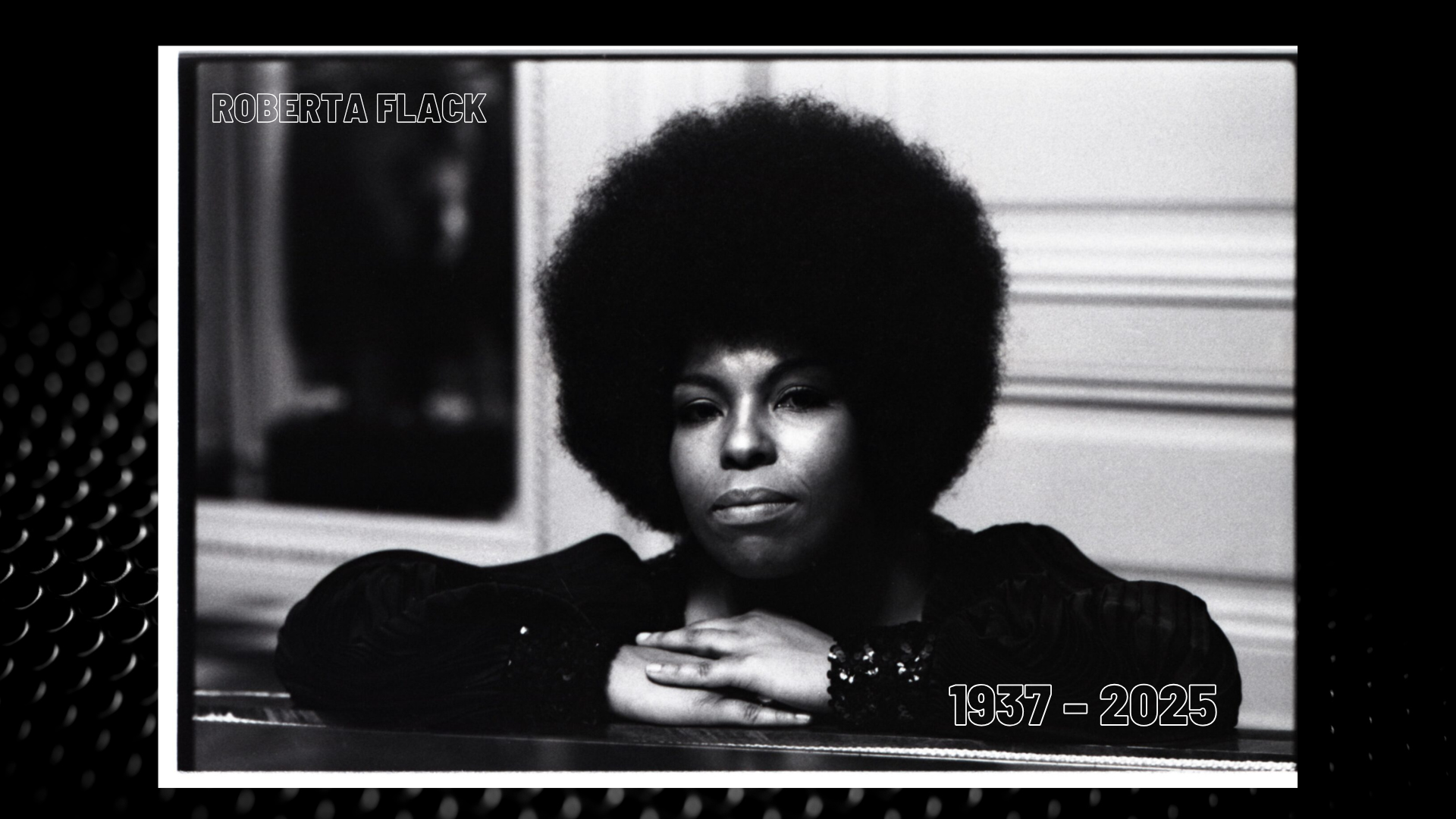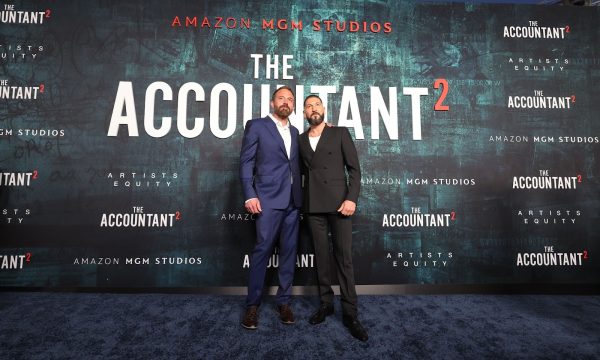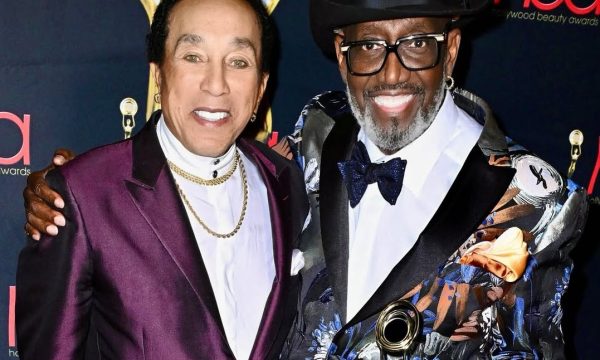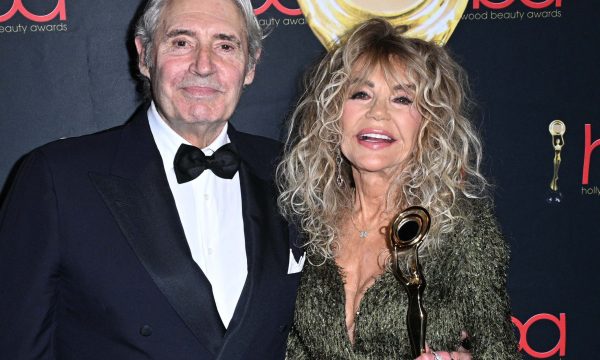Roberta Flack, whose intimate vocal and musical style made her one of the top recording artists of the 1970s and an influential performer long after, died Monday at age 88. She leaves behind a rich repertoire of music that avoids categorization. Her debut, “First Take,” wove soul, jazz, flamenco, gospel and folk into one revelatory package, prescient in its form and measured in its approach. Flack will likely be remembered for her classics — “The First Time I Ever Saw Your Face” and “Killing Me Softly with His Song” among them. As she should be. But her talents extend well beyond the familiar titles.
From her 1969 debut, the single-take LP “First Take,” through her many landmark albums of folk covers, Broadways songs, civil rights protest anthems, and original music in the ensuing years, Flack used her diverse musical expertise to develop a deceptively light, spare style that paired classical technique with the emotional force of gospel; in a 1977 interview cited by the essayist Jason King, Flack said, of her classical training, that she likes to “stay involved in the structure of music” in both a “scientific and soulful way.”
Having begun her recording career at the age of 32, she brought her wisdom to a prolific series of classics in those early years. She blueprinted a trademark sound that drew admirers of soul, jazz, and easy listening while remaining attuned to the volatile currents of the civil rights movement; as she put it in a 2023 documentary, “I protested as a singer with a lot of love.” She was also a pop phenomenon. Her hits “The First Time Ever I Saw Your Face,” “Killing Me Softly With His Song,” and “Feel Like Makin’ Love” came out in successive years starting in 1972, the first two earning back-to-back Record of the Year Grammy Awards. She remains the only artist to have scored the feat.
Flack’s influence is incalculable: She mentored singers who went on to change music history themselves, including Donny Hathaway, Luther Vandross, and Gwen Guthrie; major hits by the likes of Kanye West and, of course, Fugees have incorporated Flack’s work, introducing her to new generations. She founded the Roberta Flack School of Music in the Bronx in 2006, and continued to work as a dedicated humanitarian throughout her life. She released her last album, the Beatles tribute project Let it Be Roberta, in 2012, and received a Lifetime Achievement Grammy in 2020.
Flack’s ALS diagnosis was revealed in 2022, four years after she was hospitalized following a stroke while she performed at the Apollo Theater. Her manager, Suzanne Koga, said at the time that the condition had “made it impossible [for Flack] to sing and not easy [for her] to speak, but it will take a lot more than ALS to silence this icon.”














